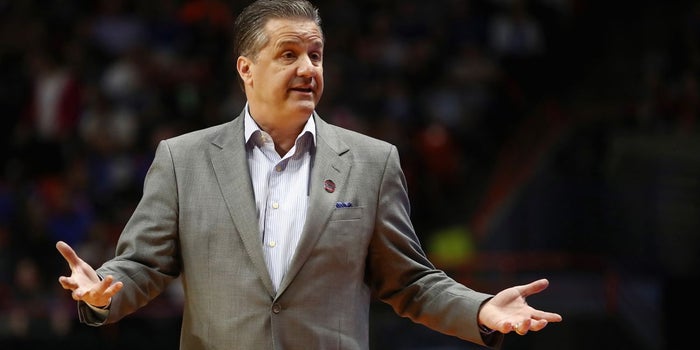Author: Tanner Simkins / Source: Entrepreneur

The NCAA Men’s Basketball Championship is underway, and while some players will go on to be branding and marketing machines when they move on to the NBA, the brand equity of the coaches is not as present. More often than not, college coaches are the mainstay for elite programs, well beyond the two to four playing careers of even the most elite stars. Yet for their name recognition, financial compensation and worth to the team, few maximize their business potential as brand storytellers.
In an age where the social space is the primary way millennials interact, college basketball coaches are lacking in engagement for the most part. Is it lack of time, lack of understanding, lack of resources or a combination of all? For the second year in a row Complete SET Agency conducted a social media audit of the head coaches at each school. The study focuses on reach and engagement (standouts below). Of the 68 schools in the tournament this year, 49 head coaches have Twitter accounts and only eight have instagram accounts.
Many of the coaches choose to sit on the sideline when it comes to social media. They have the ability to be authentic storytellers for brands, yet many remain undervalued and underutilized.
“I think when you look at the numbers, there is huge untapped potential not just for the elite coaches, and Kentucky’s John Calipari has certainly set the standard, but for young up-and-coming coaches as well,” said Joe favorito, longtime sports marketing and communications executive and professor of strategic communications at Columbia University. “You see engagement much more in college football…where maybe the budgets are bigger…than in college basketball…
Peter Bordes Jr
Founder & Managing Partner Trajectory Ventures. Lifetime entrepreneur, CEO, Board Member, mentor, advisor and investor.
Obsessed with the infinite realm of possibility in disruptive innovation driving global digital transformation in technology, cloud-based infrastructure, artificial intelligence, data, DevOps, fintech, robotics, aerospace, blockchain and digital media and advertising.

